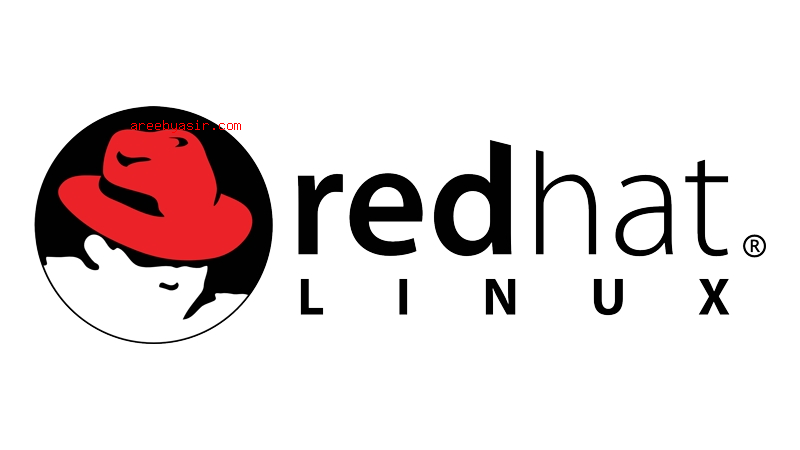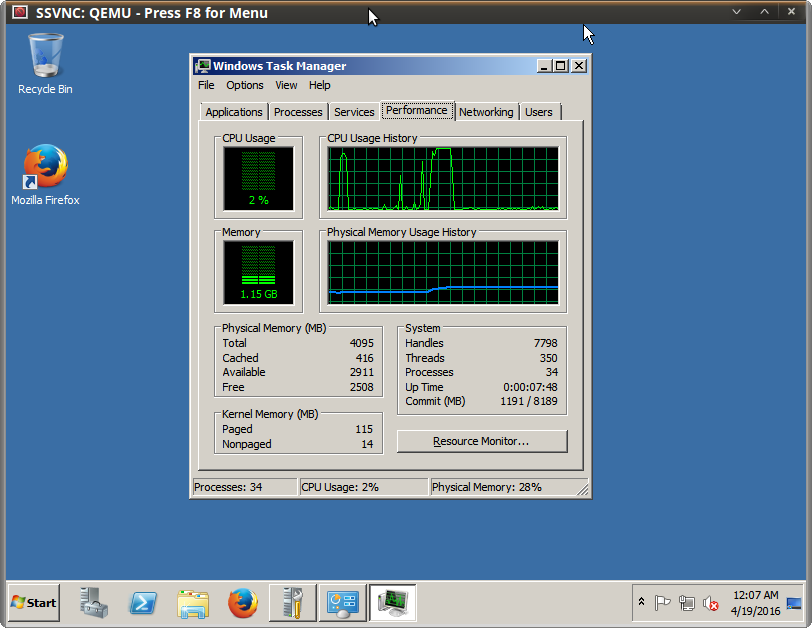Why Don’t I/We Use RHEL Red Hat Enterprise Linux Instead of Centos?

This a question one of our good client’s asked me one day and I have to admit I wasn’t prepared for this one, it’s something we’ve never put active thought in but was rather a matter of instinct. While we do use various OS’s for different platforms including our own in-house Linux, Cloud, Hosting Control Panel, applications and clients including BSD based OS’s such as FreeBSD, this is something we’ve never been asked.
RHEL (Red Hat Enterprise Linux) has been a clear leader since the early days of providing a standardized, mission critical platform for business applications in the Linux/Unix environment. It was actually my first Linux install back when I was in highschool and I’ve personally maintained Unix/Linux systems for over 16 years now. In that time I have found the strengths and weaknesses of RHEL in terms of our business and clients. However, the Centos project is a legal clone of RHEL with the only difference being artwork and the name Centos it functions identically as RHEL and is completely Open Source.
Since our team of experts does everything in-house we don’t really on Vendor support, it means when something is going on with a server we can solve the problem on our own very quickly with our own team. We don’t have the need to call a third party and ask how-to fix the problem and in fact it’s quicker for us to just do it ourselves whereas I’ve learned many organizations heavily rely on this type of third-party support. The goal with my ventures has always been that our teams should be self-sufficient for both security and efficiency.
Centos being Open Source is a huge advantage for us, we can customize and redistribute OS’s and deploy them on servers without having to touch a button or connect to monitor or KVM (yes I do realize RHEL can be installed headless/kickstart but not in the way we deploy our custom OS images-possibly for another blog). The only con with Centos is that there is a small delay in updates since it depends on the upstream source which is RHEL but this is a minor issue and all major updates are done to Centos almost instantly.
To conclude, my hats off to Linus Torvalds for inventing the Linux Kernel, the RHEL team and especially the CentOS team and I hope this explains why CentOS for my company’s is the best fit for our needs at the moment.





” To conclude, my hats off to Linus Torvalds for inventing the Linux Kernel, the RHEL team and especially the CentOS team.”
This is also my words 🙂 .